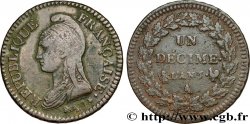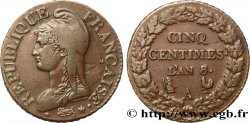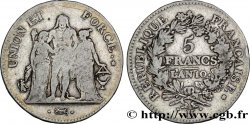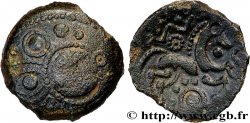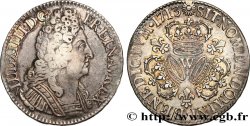Live auction - fme_542869 - CONSULAT Médaille, Restauration de la République Cisalpine
得先注册又得到批准才可以报价。为了报价注册. 客户应该得到公司允许,那种过程需要 48 个小时。别等出售结束那一天才登记。您报价的话等于您赞成买那物品,而且按« 保价 » 证明您接受 cgb.fr 因特网拍卖使用法.
报价时只可以出全数值欧元总额。物品描述也说明销售结束时间,结束后出价都不会生效。 报价命令转达有时变动,等到最后秒钟增加否决的可能会。想多了解的话请注意 因特网拍卖常问
最高出价方将支付18%的不含税的拍卖费用
最高出价方将支付18%的不含税的拍卖费用
| 估算 : | 1 000 € |
| 价格 : | 500 € |
| 最高出价 : | 625 € |
| 拍卖结束日期 : | 10 September 2019 18:32:49 |
| 竞拍人 : | 1 竞拍人 |
种类 Médaille, Restauration de la République Cisalpine
日期: An 8 (1799-1800)
铸币厂名称/城市 Paris
材质 silver
直径 52 mm
模子方针 12 h.
硬币制模工 LAVY Charles (1765-1813)
重量 73,34 g.
侧面 lisse
印模 sans poinçon
稀少度 R1
关于品相的说明
Médaille présentant une patine hétérogène suite à un ancien nettoyage. Présence de coups et rayures. Marques d’usure sur les points hauts des reliefs, entre autre au revers
出版目录中的项代码 :
正面
正面的文字 BONAPARTE PRIMVS CONSVL // ANNO VIII.
正面的说明书 Buste nue de Bonaparte à gauche signé LAVY sous la tranche du cou.
正面的翻译 (Bonaparte premier consul, an VIII).
背面
背面的文字 XII. MVNITISSIMIS OPPIDIS VNA DIE - AD DEDITIONEM COACTIS // RESPVBLICA CISALPINA RESTITVTA.
背面的说明书 Hercule debout à gauche relevant l’Italie au sol près d’un laurier desséché ; derrière eux, une Victoire inscrivant sur un bouclier HOSTIBVS PROPE MARENGVM FVSIS. Sur la plinthe : A. APP. INV. et L.F..
背面的翻译 Douze places fortes contraintes de se rendre en un jour // les ennemis vaincus à Marengo.
评论
Médaille, principalement connue en argent, signée Lavy (d'après Appiani). Charles Lavy a été graveur de la monnaie de Turin et a aussi gravé des médailles comme celle-ci, associé à la République Cisalpine.
Après Marengo (14 juin 1800) la république cisalpine est restaurée, diminuée de la région de Pesaro, restée au pape, mais augmentée le 7 septembre 1800 du Novarais, détaché du Piémont. Le traité de Lunéville (9 février 1801) fixe sa frontière orientale sur l'Adige, avec la totalité de la ville de Vérone..
Après Marengo (14 juin 1800) la république cisalpine est restaurée, diminuée de la région de Pesaro, restée au pape, mais augmentée le 7 septembre 1800 du Novarais, détaché du Piémont. Le traité de Lunéville (9 février 1801) fixe sa frontière orientale sur l'Adige, avec la totalité de la ville de Vérone..







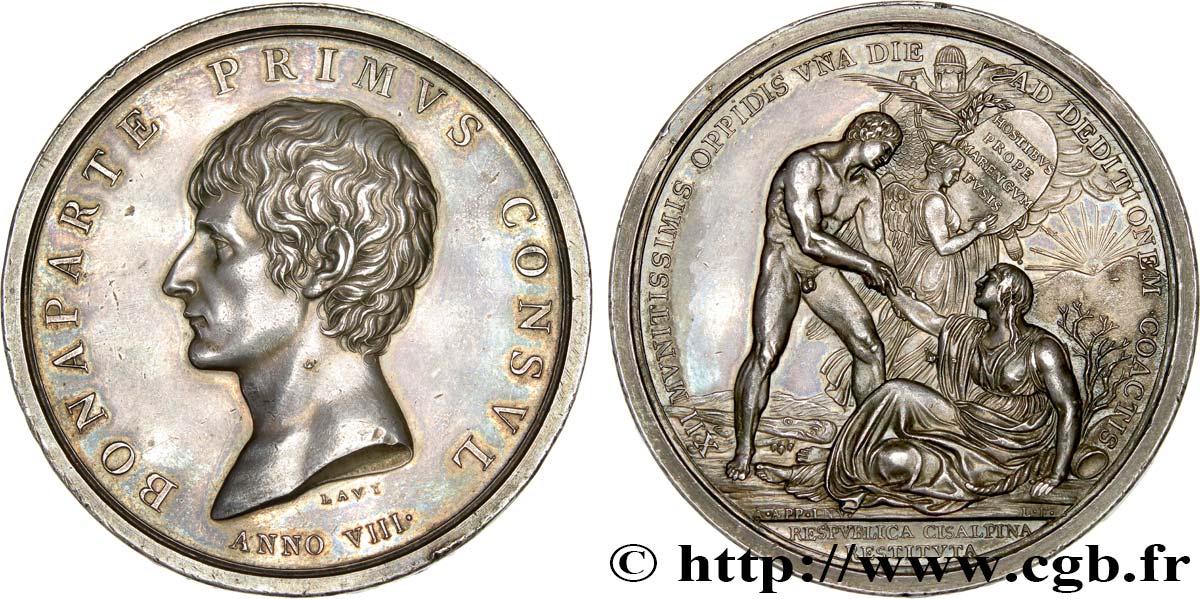
 对产品描述纠错
对产品描述纠错 打印
打印 分享我的选择
分享我的选择 提问
提问 Consign / sell
Consign / sell
 产品介绍
产品介绍
